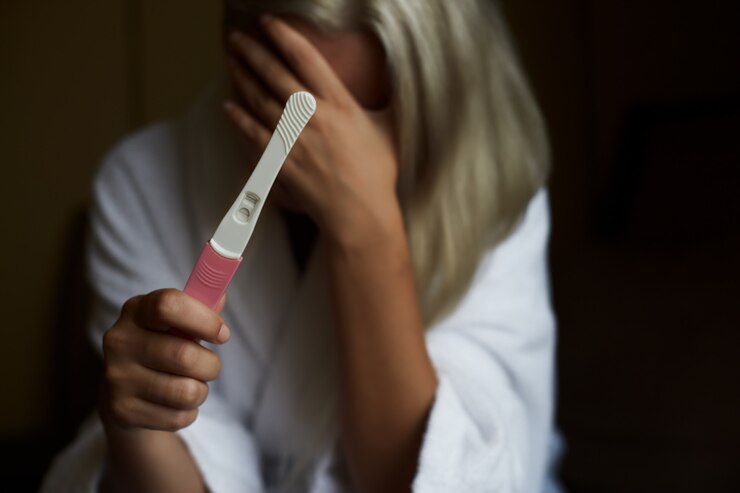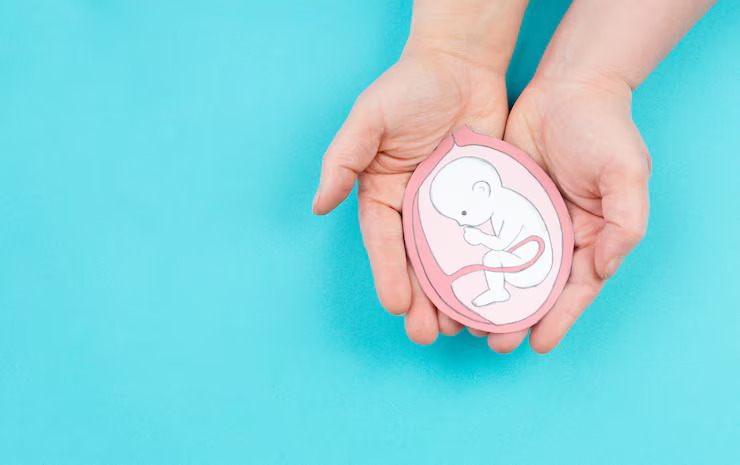
Ovulation Disorders Impact Fertility and The Chances of Getting Pregnant
Ovulation occurs if the ovary releases an egg and sends it to the fallopian tube for sperm fertilisation. However, when any condition interferes with the ovulation process, it can




